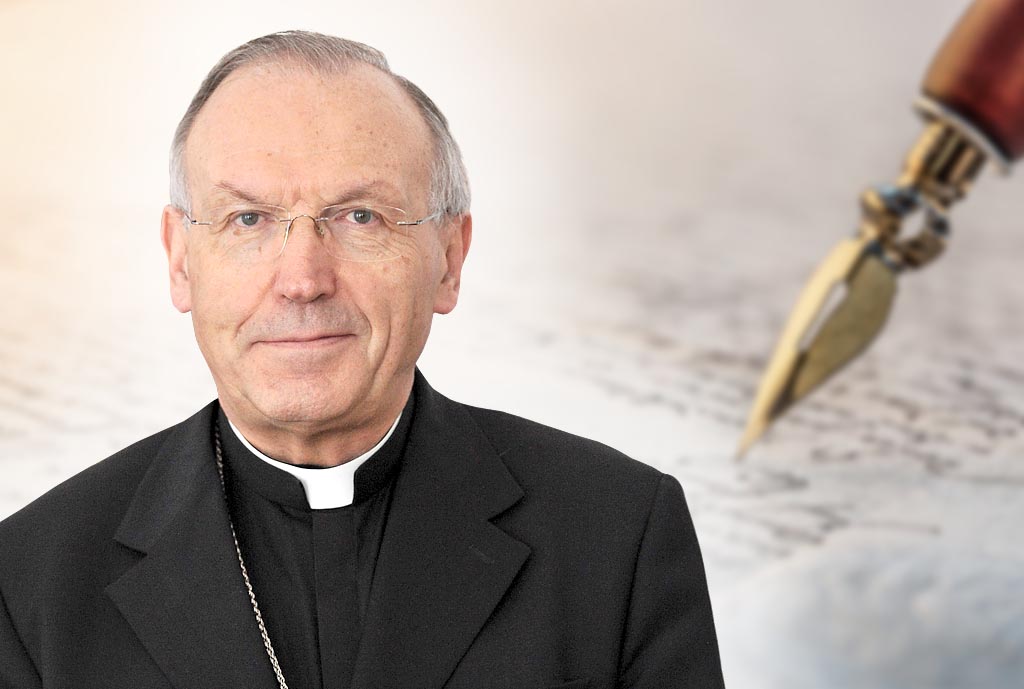By: Ddr. Anton Stres
Democracy is supposed to be the rule of the people, with the people governing themselves. Various thinkers who advocated for the principle of democracy clung to the illusion that humans are primarily rational and honest beings, who seek what is true and just. Therefore, they believed that in collective decision-making, people would always choose what is true and just. However, they soon realised that this was a self-deception. The participation of everyone in collective decisions, which essentially means majority rule, by no means guarantees just decisions. It is unlikely that the majority will relinquish their power and vote for a decision that protects the legitimate interest of the minority.
The majority can only make decisions about things that the majority can guarantee. The majority can only guarantee that something is in the interest of the majority of voters. However, even this can only be guaranteed if all voters understand what is at stake, are honestly informed about all the consequences of this or that decision and are free in their decisions. There is no freedom for manipulated and misled voters.
In a world of modern and increasingly subtle media manipulations, which are cynically acknowledged between the lines when they are perversely termed “depoliticisation” of public media and arrogantly displayed with a “what can you do about it” attitude, free elections are necessarily endangered because the impartiality of voter information is threatened. Only a plurality of information, common sense, and personal rational judgment of individuals – as much as there is left of it – grants contemporary elections and their results some legitimacy, which remains highly uncertain at all times.
Besides the general media-induced deception and the practical impossibility of obtaining unbiased information, the ethical legitimacy of elections and referendums is undermined by modern cynicism and widespread scepticism about what is true and right. Nietzsche’s frequently repeated statement that nothing is true and therefore everything is permitted is a death knell for democracy. Moreover, Nietzsche himself saw democracy as an ideology of herd mentality that fosters mediocrity, seekers of comfort, and selfish interests. It is no wonder he predicted that the “democratisation of Europe will help to create a type most prepared for slavery in the most refined sense” and that “the democratisation of Europe is an involuntary institution for the cultivation of tyrants”.
THE FUNDAMENTAL VALUES OF HUMAN LIFE, RECOGNISED AND PROTECTED BY IMPARTIAL HUMAN REASON AND MORAL CONSCIENCE, CANNOT BECOME SUBJECT TO MAJORITY DECISION-MAKING.
Majority decision-making makes sense when it pertains to matters of legitimate interests that do not concern the essential values without which human dignity cannot exist. The majority does not guarantee truth, nor does it guarantee justice. If the majority has an interest in, for example, assimilating a minority, its majority victory in this matter does not grant it moral legitimacy. Therefore, the fundamental values of human life, recognised and protected by impartial human reason and moral conscience, cannot become the subject of majority decision-making.
Yet this is precisely what will happen in the upcoming referendum on assisted suicide. People will have the opportunity to decide whether killing oneself or another person, or harming oneself or another person medically, is good or not. We must not deceive ourselves: if we allow this, we will have thereby declared it to be good, desirable, even so good and desirable that the state will cover the costs.
What greater tyranny is there than for a person to assume the right to decide on moral good and evil? By taking the right to declare suicide a good act and inviting all citizens to decide on this, the current government is signalling that human life is not an inviolable sanctity, but something that can be decided upon by the people in a vote, that is, by political power.
A well-known constitutional lawyer warns that these advisory referendums are a manipulation by the authorities for their own interests. It is even worse: it is a fatal devaluation of the infinite value of human life. It is degraded to the level of an interest that lasts as long as it lasts, and for which everyone can have their own criteria for assessment. Those with the most supporters win.
We do not negotiate the most fundamental values of life and society because they are not up for choice. Can we put our freedom and independence to a referendum? Can we vote on whether the courts should judge fairly, honestly, and impartially, or according to the orders of those in power? If the fundamental values of a dignified human life (human rights) and the social order cannot become the subject of majority decision-making, how can the unconditional respect for human life become such a subject? If we put it to a vote—as the current leftist government has done—it means that it no longer stands as an infinite value and sanctity that must be respected in all circumstances.
